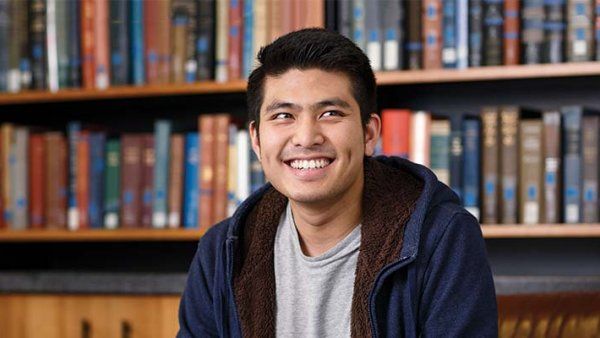Archive: California Demand for Primary Care Providers to Exceed Supply by 2030
California is expected to face a statewide shortfall of primary care providers in the next 15 years.
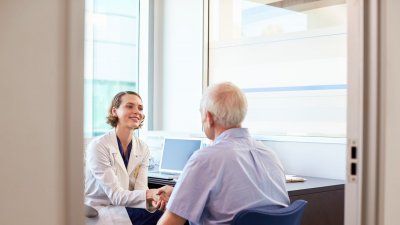
University of California San Francisco
California is expected to face a statewide shortfall of primary care providers in the next 15 years.

Clinical trials that test changes in the design or use of high-risk medical devices are often poorly designed, and can rely on inadequate or potentially biased data.

A new faculty climate survey finds that while three-quarters of faculty are generally satisfied with their careers at UCSF, there is room for improvement particularly related to campus climate for women, balancing work and family life and financial challenges of living and working in San Francisco.

UCSF’s Science and Health Education Partnership, launched 30 years ago, is a partnership with the San Francisco Unified School District that has been a consistent source of quality science education for students in the city.
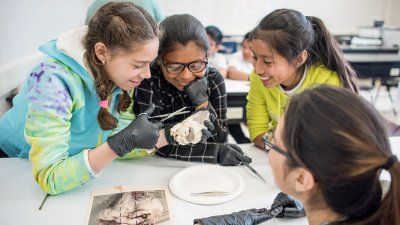
A total coast-to-coast eclipse of the sun hasn’t been seen in the U.S. in 99 years, so the Aug. 21 event will be a can’t-miss for many of us. It's also a critical time to protect your eyes.

Two UCSF School of Pharmacy faculty members, whose research and clinical practice have focused on the identification and minimization of side effects, have pinpointed routes for improvement.
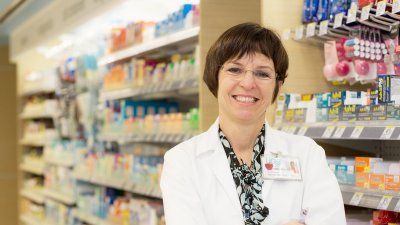
The benefits of a good night’s sleep have become widely known, and now neuroscientists at UCSF have discovered that the animal brain reinforces motor skills during deep sleep.

Pregnant women who are diagnosed with sleep disorders such as sleep apnea and insomnia appear to be at risk of delivering their babies before reaching full term.

Scientists at UC San Francisco have found that administering a fragment of the klotho protein to young, aging or impaired mice rapidly improves their cognitive and physical performance.

Dignity Health and UCSF Health have formalized an affiliation that will combine the best of academic medicine and community-based care.

Rare deletions or duplications of about 600 genetic “letters” in a region on chromosome 16 confer a high risk of autism spectrum disorders (ASDs) and other neurodevelopmental conditions.
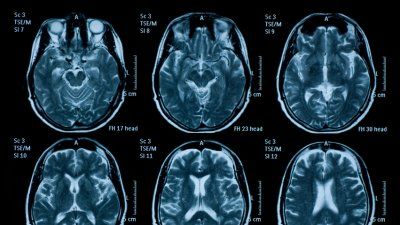
UCSF Medical Center has been named among the nation’s premier medical institutions for the 17th consecutive year, ranking as the fifth best hospital in the country and the top-ranked hospital in California, in U.S. News & World Report’s 2017-2018 Best Hospitals survey.
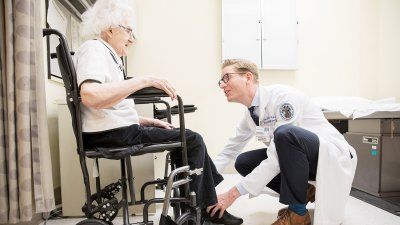
A study headed by UCSF researchers fuels the probiotics debate by finding that there is no clear evidence that a supplement of the “friendly” bacteria strain of lactobacillus prevents eczema.
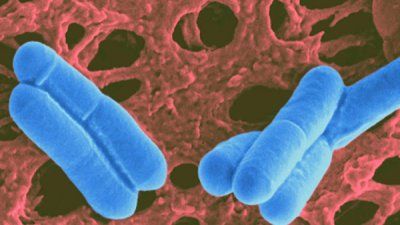
An interactive, voice-controlled virtual mentor that uses a smart speaker – like a phone or Google Home device – to guide birth attendants through complicated and/or emergency procedures, won a $250,000 seed grant from the Saving Lives at Birth: Grand Challenge for Development to develop and test the idea.

UCSF neuroscientists answered questions about a molecule that reverses severe memory and learning impairments in mice with traumatic brain injury.
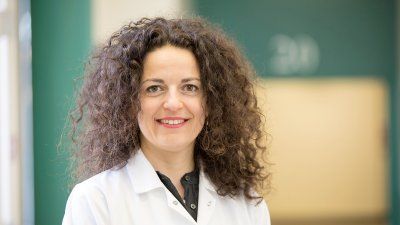
A hazardous class of flame retardant chemicals commonly found in furniture and household products damages children’s intelligence, resulting in loss of IQ points.

To improve the quality of life for neurology inpatients, a panel of experts, led by UCSF neurologist S. Andrew Josephson has released quality measurements.

A virus hiding quietly in the gut may trigger the onset of a severe complication known as graft-versus-host disease (GvHD) in patients who receive bone marrow transplants.

Atul Butte, who is helping to guide UCSF into a new era of computational science and medicine, has been named the Priscilla Chan and Mark Zuckerberg Distinguished Professor at UCSF.

New research by UCSF neuroscientist Robert Edwards has uncovered the role alpha-synuclein plays in the normal brain. The protein has long been implicated in Parkinson’s disease.
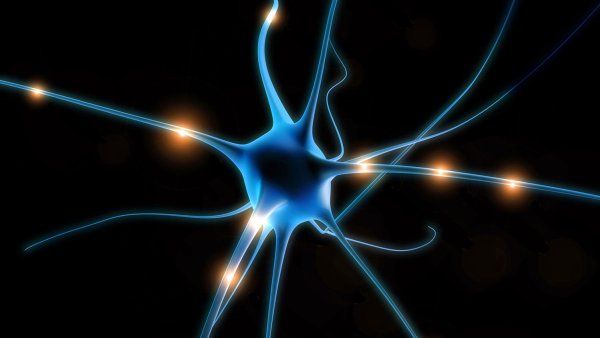
The San Francisco Health Investigators Program focuses on leveraging participating students’ cultural knowledge as they take on the role of researchers and investigate current public health issues in their communities.
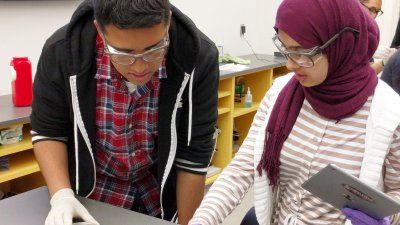
Interim Dean Sandra Weiss of the UCSF School of Nursing is leading three major studies aimed at shedding important light on some of the most pressing issues facing American women with depression and the clinicians who treat them.

Claudio Villanueva, PhD '07, mentors young people of color who want to pursue careers in science.
Ying-Hui Fu, a UCSF professor of neurology and a pioneer in the study of sleep and genetics, explains the science behind strange sleep patterns and shares why shut-eye is more important than you think.

New Latthivongskorn, the first undocumented student at the UCSF School of Medicine, advocates for immigrant rights.
